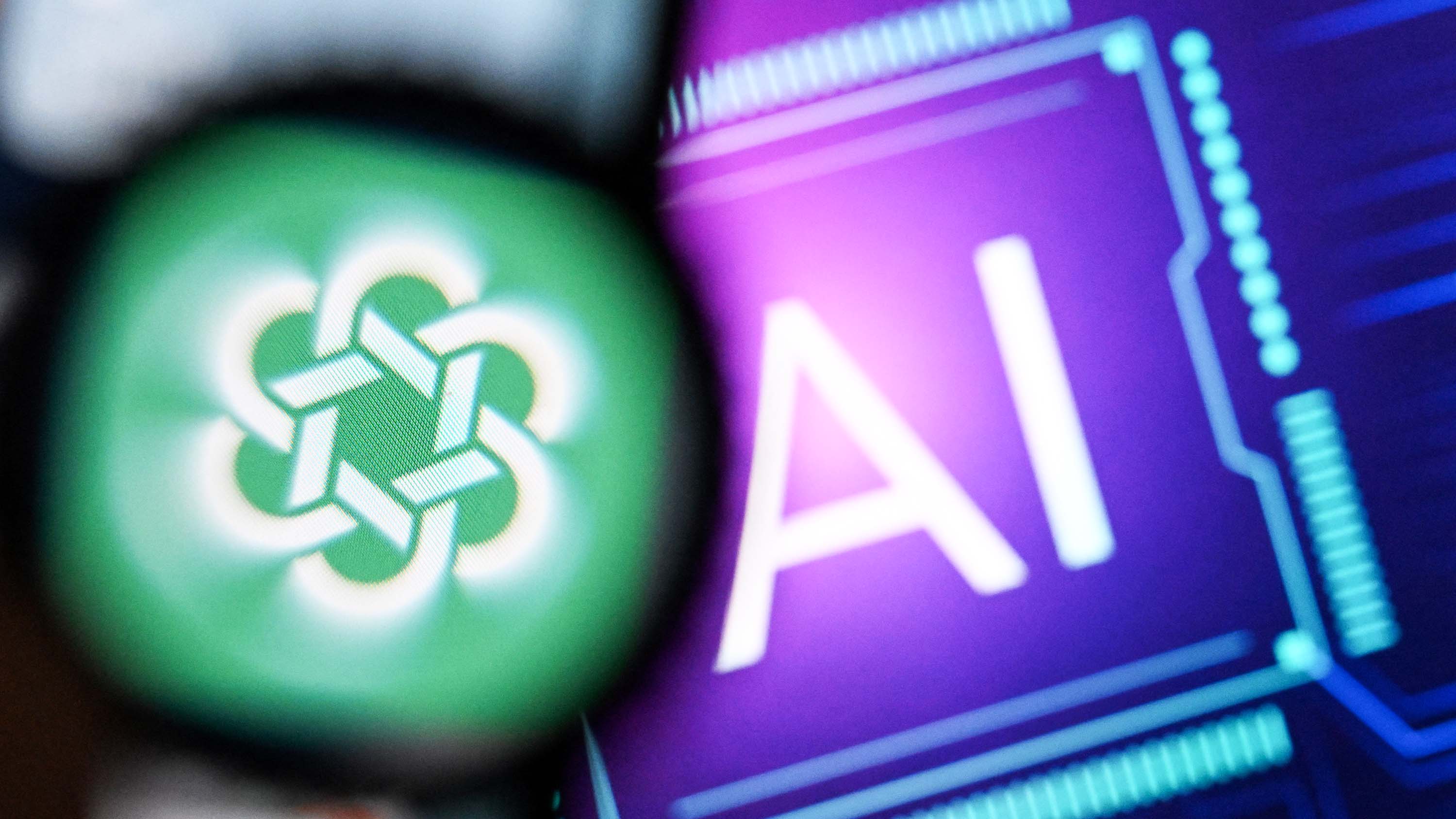Despite the increasingly alarming reports of AI tools like ChatGPT and Microsoft Copilot hallucinating, OpenAI CEO Sam Altman recently indicated that his ChatGPT usage has significantly increased over the past few years (via Tsarnick on X).
According to Altman:
“I realized, over the last couple of months, that I don’t use a lot of the services that I used to use. Like I don’t do Google searches anymore, unless it’s a very specific thing.”
The executive admits that Google continues to hold a firm grasp on the search market share but presents an argument that ChatGPT presents an oracular system that allows users to do anything that they would have ordinarily turned to other services.
Sam Altman says over the past year, ChatGPT has become an “oracular system” so that he doesn’t need to use other services like Google any more pic.twitter.com/WcRbFDsPzaFebruary 11, 2025
As you may know, OpenAI recently shipped an AI-powered search engine called ChatGPT search. Market analysts and experts predict that the service could give Google and Bing a run for their money. They further indicated that Google may have bigger fish to fry with the AI-powered search engine than the antitrust ruling, which deems it an illegal monopoly pending regulation.
This is especially true after OpenAI made the service available for everyone for free and lifted the account requirement to access the service. For context, the AI-powered search engine was previously buried behind OpenAI’s ChatGPT Plus or Team $20 subscription plan.
Is AI progression stunted by scaling laws?
While reports suggest scaling laws have begun stunting the progression of AI, predominantly due to a lack of high-quality content for model training, OpenAI CEO Sam Altman indicated, “There is no wall.” Former Google CEO Eric Schmidt echoed similar sentiments, indicating that there’s no evidence scaling laws have actually begun.
Recently expounding further on these claims, Sam Altman claimed:
“Better algorithms, bigger computers, harder data sets to train on, building better products that help us learn more from feedback with users about what’s not working.”
Sam Altman: “I cannot overstate how much progress we’re going to make in the next 2 years. We know how to improve these models so, so much… the progress I would expect from February of ’25 to February of ’27 will feel more impressive than February of ’23 to February of ’25” pic.twitter.com/B5SWgTqqUxFebruary 7, 2025
Perhaps more interestingly, the executive claimed OpenAI is on the verge of a major breakthrough that would allow the company to scale greater heights at a neck-breaking speed within the next two years.
I cannot overstate how much progress we’re going to make in the next 2 years. We know how to improve these models so, so much… the progress I would expect from February of ’25 to February of ’27 will feel more impressive than February of ’23 to February of ’25.
OpenAI CEO, Sam Altman
These claims build on Altman’s predictions from last year, citing that superintelligence will trigger a 10x surge in scientific AI breakthroughs, making each year as revolutionary as a decade.





